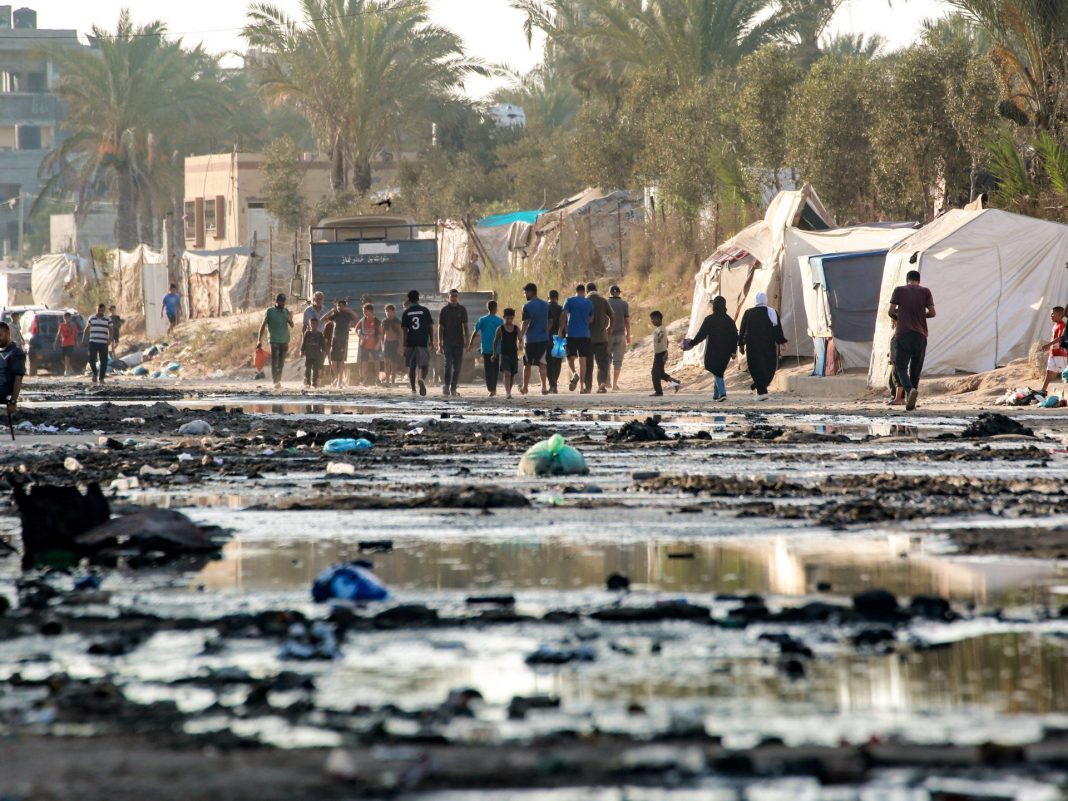In a statement on Telegram, the ministry on Monday said the situation “poses a health threat to the residents of Gaza and neighbouring countries” – the latest sign of a worsening public health emergency caused by Israel’s genocidal war since October.
Calling the epidemic a “setback” to the global polio eradication programme, the ministry called for an “immediate intervention to end the [Israeli] aggression and find radical solutions” to lack of potable water and personal hygiene, damaged sewage networks and removal of tonnes of rubbish and solid waste.
Poliomyelitis, which is spread mainly through the fecal-oral route, is a highly infectious virus that can invade the nervous system and cause paralysis. Cases of polio have declined by 99 percent worldwide since 1988, thanks to mass vaccination campaigns, and efforts continue to eradicate it everywhere.
Earlier this month, Gaza’s Health Ministry announced it had detected “component poliovirus type 2” in coordination with the United Nations Children’s Fund (UNICEF). The virus was found in sewage “that collects and flows between the tents of the displaced”, added the ministry.
Already scarce supplies of drinking water in the densely-populated Gaza Strip are at risk of being contaminated by the virus.
On Friday, the World Health Organization (WHO) said it was sending more than one million polio vaccines to Gaza to be administered over the coming weeks to prevent children from being infected after the virus was detected in sewage samples.
Israel’s military, which said it has evidence of the “component polio virus type 2”, noted it would start offering the polio vaccine to soldiers in Gaza.
Israel’s war in Gaza has damaged and destroyed sewage and water systems, and sewage has spilled into the streets near some camps for the displaced Palestinians.
Last week, the United Nations reported that besides the detection of the polio virus, there has been a widespread increase in cases of Hepatitis A, dysentery and gastroenteritis as sanitary conditions deteriorate in Gaza.
